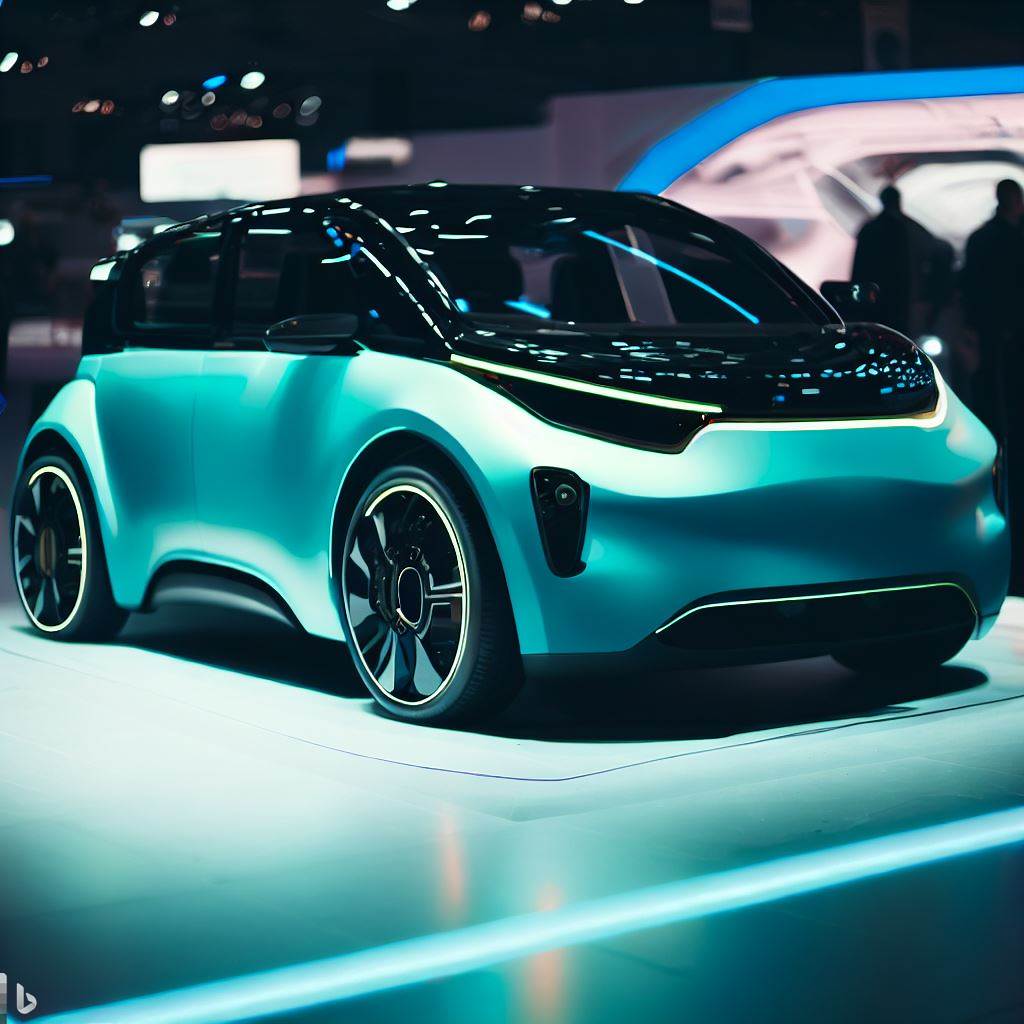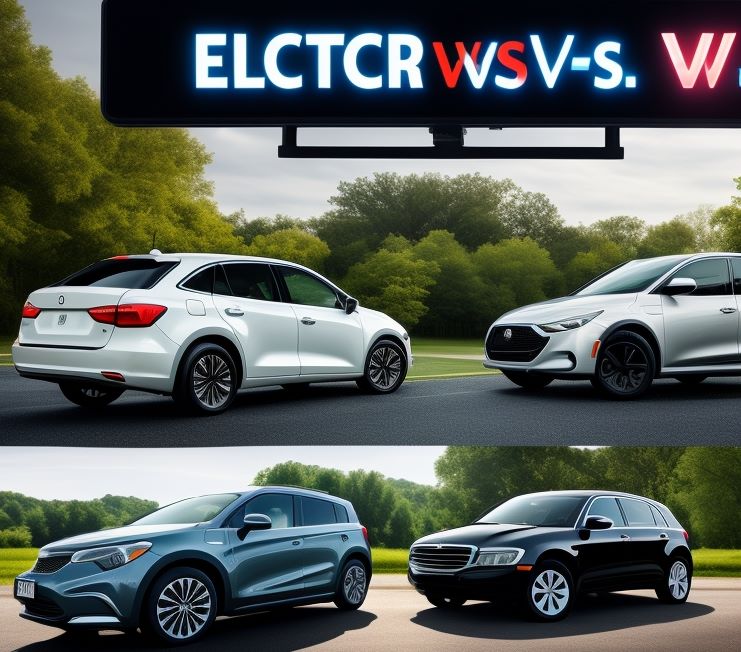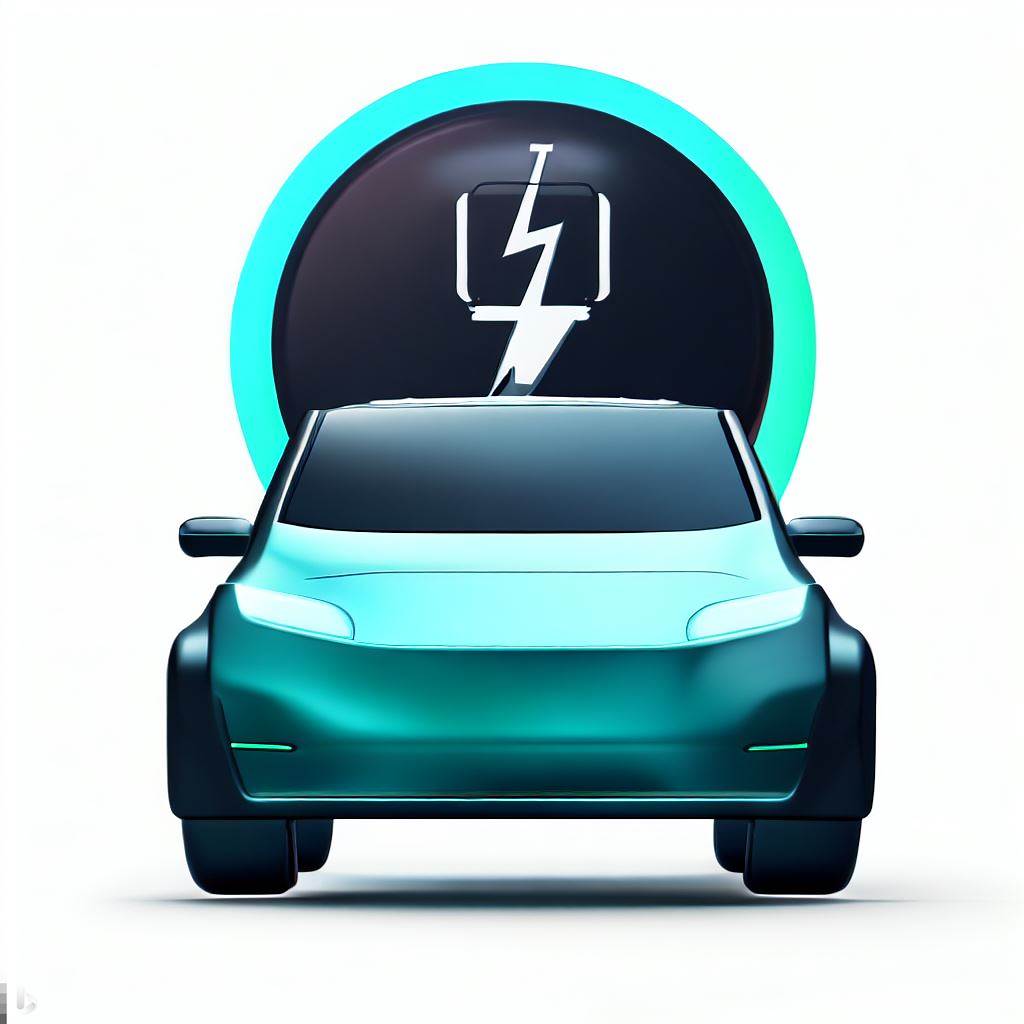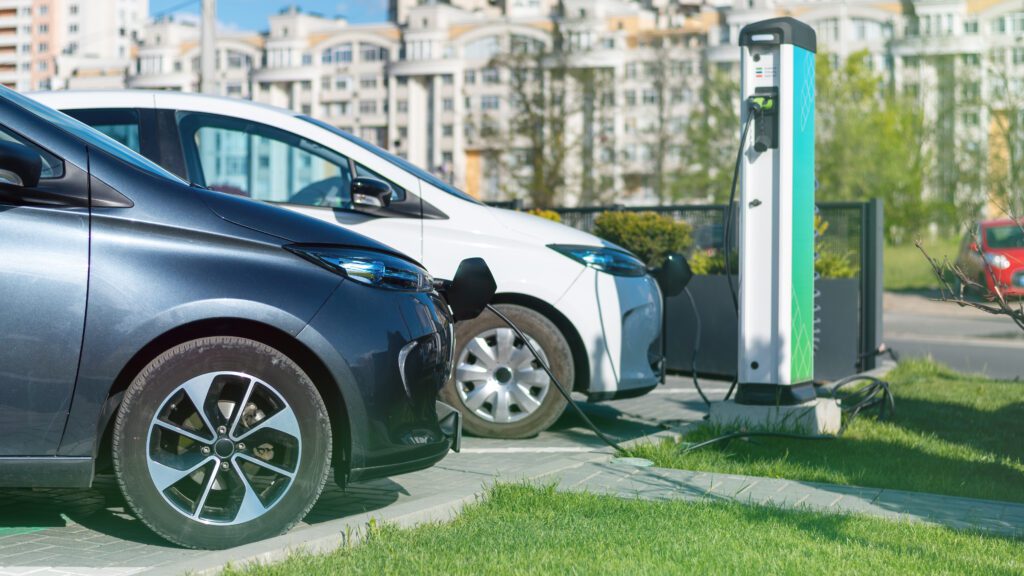
Is Electric Car Right for You? The Frugal Dilemma
Welcome to our guide on electric cars and their suitability for frugal individuals. We will cover essential topics such as mileage comparisons, the impact of hot and cold weather, tax incentives, and crucial information relevant to owning an electric car. We will conduct a comprehensive examination to determine the financial judgment of owning electric vehicle and its economic viability. Partner up with Jumbo, as we depart on electrifying adventure.
Table of Contents:
-
The Green Revolution
- The Environmental Benefits of Electric Cars
-
Breaking Down the Costs – Savings on Fuel and Maintenance
- How Electric Vehicles Reduce Operating Costs
-
Mileage Comparison: Electric vs. Gasoline
- Understanding the Driving Range of Electric and Gasoline Vehicles
-
Electric Vehicle Mileage
- Battery Capacity and Range
- Efficiency and Driving Habits
- Real-World Range vs. Advertised Range
-
Gasoline Vehicle Mileage
- Fuel Efficiency and Different Fuel Economy Ratings
-
Electric vs. Gasoline Mileage Comparison
- Evaluating the Cost per Mile
-
Long-Distance Travel
- Pros and Cons of Electric and Gasoline Vehicles
-
Electric Car Charging Time
- Understanding Charging Times for Electric Vehicles
-
Driving Patterns and Lifestyle
- Tailoring Your Choice to Your Specific Needs
-
Hot Weather Challenges for Electric Cars
- How Heat Affects Electric Car Performance
-
Cold Weather Considerations
- Dealing with Cold Weather and Its Impact on Electric Cars
-
Tax Credits and Rebates
- Government Incentives for Electric Car Buyers
-
Depreciation and Resale Value for Electric Vehicles
- How Electric Cars Hold Their Value
-
Future Cost Reductions
- Anticipated Cost Reductions in Electric Vehicle Technology
-
Considerations for Frugal Vehicle Owners
- Tips for Maximizing Cost Savings with an Electric Car
-
Conclusion
- Weighing the Pros and Cons: Is an Electric Car Right for You?
The Green Revolution
If you view frugality as life choice, the surging popularity of electric cars may lead you to question their affordability factor compared to traditional combustion-powered vehicles. Primary advantage lies in contribution to reduce greenhouse gas emissions, ultimately fostering a healthier environment for future generations. As batteries keep improving over time and require less rare metals to be mined, by driving an electric car, you actively participate in the green revolution and can make a positive impact.
Breaking Down the Costs-Savings on Fuel and Maintenance
Electric vehicles can significantly reduce your fuel expenses. Electric cars have fewer moving parts, resulting in lower maintenance costs compared to traditional internal combustion engine vehicles. Reduced maintenance requirements translate into additional savings over time.
Mileage Comparison: Electric vs. Gasoline
When considering the frugal dilemma of whether an electric car is right for you, it is crucial to evaluate the mileage comparison between electric and gasoline vehicles. Driving range of a vehicle directly impacts its usability and convenience. Exploration of mileage capabilities of electric cars and comparison to gasoline counterparts is necessary to make an informed decision about which type of vehicle is best suited for you.
Electric Vehicle Mileage Battery Capacity and Range
Electric vehicles (EVs) are powered by batteries that store electrical energy. The driving range of an electric vehicle depends on battery capacity. Average range of 200 to 250 miles miles on a full charge would work for cross country drive, assuming you can find charging stations, and are willing to spend the time waiting to charge your vehicle.
Efficiency and Driving Habits
The efficiency of an electric vehicle also affects its mileage. Factors such as driving speed, acceleration, hilly terrain , and weather conditions can influence the energy consumption of an electric car.
Generally, driving at lower speeds and adopting smooth driving habits, such as gradual acceleration and deceleration, can improve vehicle’s efficiency and extend its range. Additionally, regenerative braking, a feature found in many electric vehicles, allows the car to recover and store energy while slowing down or braking, providing greater efficiency.
Electric Car Real-World Range
It is important to consider that the advertised range of an electric vehicle is an estimate based on ideal conditions. Real-world driving conditions, such as traffic congestion, use of heating or air conditioning, and driving on hilly terrain, can impact the actual range. It is advisable to check reviews and get information from current electric vehicle owners to gain insights into the real-world range of specific models. Don’t be surprised by manufacturers claiming higher mileage numbers.
Gasoline Vehicle Mileage
Fuel Efficiency: Gasoline vehicles, powered by internal combustion engines, rely on fossil fuels. The fuel efficiency of gasoline vehicles can vary depending on factors such as engine size, vehicle weight, aerodynamics, and driving conditions. Generally smaller, lighter vehicles with efficient engines tend to offer higher fuel efficiency, resulting in more miles covered per gallon of fuel.
Different Fuel Economy Ratings
Government agencies and organizations conduct fuel economy tests to provide standardized ratings for gasoline vehicles. In the United States, the Environmental Protection Agency (EPA) provides the MPG ratings, while the European Union employs the New European Driving Cycle (NEDC) or the Worldwide Harmonized Light Vehicle Test Procedure (WLTP) to assess fuel efficiency. These ratings help consumers compare the fuel efficiency of different gasoline vehicles and make informed decisions.

Electric vs. Gasoline Mileage Comparison
Cost per Mile
One important aspect of the mileage comparison is the cost per mile. Electric vehicles will have lower energy costs compared to gasoline vehicles because of cost of electricity. This cost advantage contributes to the frugal appeal of electric vehicles.
Long-Distance Travel
While electric vehicles have made significant progress in terms of range, where gasoline vehicles are advantageous for long-distance travel. Gasoline vehicles can be refueled quickly at existing network of gas stations, allowing for extended trips without need for frequent charging if you compare it to its EV counterpart. Electric vehicles require access to charging infrastructure, which to this date might not be well built-out in many US states. The density of charging stations vary depending on the region and local infrastructure development.

Electric Car Charging Time
Another consideration in the mileage comparison is the time required to charge an electric vehicle compared to refueling a gasoline vehicle. Gasoline vehicles can be refueled in a matter of minutes, while charging an electric vehicle typically takes longer. Charging time for electric vehicles can vary depending on the charging station type, and the vehicle’s battery capacity. Level 2 charging, available at home or public charging stations, can take several hours to fully charge an electric car. Fast-charging stations, on the other hand, can provide a significant charge in around 30 minutes or less, but may not be as widespread as Level 2 charging stations.
Driving Patterns and Lifestyle
The mileage comparison between electric and gasoline vehicles should also take into account individual driving patterns and lifestyle. Electric vehicles are well-suited for daily commuting and shorter trips, where the charging infrastructure is more accessible. If your driving pattern fits this profile, you can save money upfront by purchasing a vehicle with a smaller battery pack. For individuals with longer commutes or those who frequently embark on long road trips, the limited range of electric vehicles and the availability of charging stations along the route may be a concern, which can be addressed by purchasing a vehicle with a larger battery, and that comes at substantial cost. Understanding your specific driving needs and analyzing how an electric vehicle fits into your lifestyle is crucial when assessing the mileage comparison.
Mileage comparison between electric and gasoline vehicles is a crucial aspect. Electric vehicles offer a competitive range that meets the needs of most daily commutes and driving requirements. With advancements in battery technology and the expansion of charging infrastructure, range of electric vehicles continues to improve. Several manufacturers have announced progress on solid state batteries, which will provide lighter and less costly batteries. However, those batteries are years away before reaching mass production. Gasoline vehicles, on the other hand, provide advantage of quick refueling and a well-established network of gas stations, making them more suitable for long-distance travel.
When making a decision, it makes sense to consider your driving habits, access to charging infrastructure, and the availability of fast-charging stations. Analyzing the cost per mile and operating expenses of both types of vehicles will help you assess the implications. High mileage drivers can benefit from purchasing electric cars because of significant savings on fuel to justify the higher purchase cost. Therefore, such purchase fits the frugal umbrella. Evaluating these factors in the context of your lifestyle and driving patterns will guide you in determining whether an electric car is the right choice for you, if you consider its mileage capabilities.
Hot Weather Challenges for Electric Cars
Extreme heat can affect an electric car’s battery performance. We explain how high temperatures can impact your vehicle’s range and provide tips to mitigate this issue. Understanding the challenges posed by hot weather is crucial for frugal individuals planning to own an electric car in warmer climates. Below are a few tips on how to minimize the impact.
- Hot weather can have a significant impact on the performance and range of electric vehicles. High temperatures can affect the efficiency of the battery, resulting in reduced driving range.
- It is important to park your electric vehicle in shaded areas whenever possible during hot weather to minimize the impact of heat on the battery. Direct exposure to sunlight can increase the temperature of the battery and affect its performance.
- Preconditioning your electric vehicle before driving in hot weather can help maintain a comfortable interior temperature while minimizing the strain on the battery. Use the vehicle’s built-in climate control system to cool down the cabin before you start your journey, preferably when you are still charging your vehicle.
- If your electric vehicle has a “battery cooling” feature, make sure to enable it during hot weather conditions. This system helps regulate the temperature of the battery, ensuring optimal performance and longevity.
- It is advisable to avoid fast charging your electric vehicle in extreme heat as it can lead to additional heat generation and potentially reduce the battery’s lifespan. Opt for slower charging options when possible.
- Be mindful of your driving habits in hot weather to conserve energy and maximize your electric vehicle’s range. Smooth acceleration and maintaining constant speed can help reduce energy consumption.
- Consider using sunshades or window tints to minimize the amount of heat entering the vehicle’s cabin. This can reduce the need for excessive air conditioning use and help preserve the battery’s charge.
- Keep an eye on the battery temperature gauge or monitoring system provided by your electric vehicle manufacturer. If the battery temperature exceeds recommended levels, it is advisable to find a shaded area and allow the battery to cool down before resuming driving.
- Regularly inspect the tire pressure of your electric vehicle during hot weather, as high temperatures can cause tire pressure to increase. Maintaining the correct tire pressure not only ensures safety but also helps optimize the vehicle’s efficiency and range.

Cold Weather Considerations
Similarly, cold weather can affect an electric car’s battery efficiency. Electric vehicles can perform well in cold climates, although extreme low temperatures can affect their driving range. Cold weather can cause a decrease in battery efficiency and overall range due to increased energy demands for heating. However, manufacturers design electric vehicles with systems to manage temperature and minimize the impact on range. Preconditioning the vehicle while connected to a charger before driving can help optimize range in cold weather.
- Cold weather can significantly affect the performance and range of electric vehicles. Lower temperatures can reduce the efficiency of the battery, leading to decreased driving range.
- It is important to park your electric vehicle in a garage or covered area during cold weather to minimize the impact of low temperatures on the battery. Exposure to extreme cold can hinder battery performance.
- Preconditioning your electric vehicle before driving in cold weather can help warm up the cabin and the battery, improving overall efficiency. Use the vehicle’s climate control system to heat the interior while the vehicle is still connected to a charging station.
- If your electric vehicle has a “battery warming” feature, make sure to enable it during cold weather conditions. This system helps maintain the optimal temperature of the battery, ensuring better performance and range.
- Avoid rapid acceleration and aggressive driving in cold weather as it can significantly reduce the battery’s range. Smooth and gradual acceleration helps conserve energy and maximize driving distance.
- Consider using heated seats instead of relying solely on the vehicle’s heating system. This can help reduce the overall energy consumption and preserve the battery’s charge.
- Keep monitoring battery level indicator in cold weather, as the range estimation can be greatly affected by lower temperatures. Plan your trips accordingly, considering the reduced driving range in cold conditions.
- It is advisable to keep the electric vehicle plugged in when not in use during cold weather. This allows the battery to maintain its optimal temperature and ensures starting with a sufficient charge when needed.
- Regularly check the tire pressure of your electric vehicle in cold weather. Cold temperatures can cause tire pressure to decrease, and maintaining correct tire pressure is essential for safety and optimal performance.
Tax Credits and Rebates
Governments worldwide encourage the adoption of electric cars through various incentives. Because of the ever-changing and confusing information to the consumer about tax credits and rebates available in different regions, check for up-to-date information by clicking on those government websites:
VIN checker for vehicles assembled in North America
Vehicles and home charging stations rebate search
EV Leasing
Should you prefer to lease your EV there are substantial rebates available. For lease information you might like to look into this Kiplinger page: https://www.kiplinger.com/taxes/ev-lease-tax-credit-loophole
Depreciation and Resale Value for Electric Vehicles
As electric cars become more mainstream, their depreciation rates have increased. We will explore how the resale value of electric vehicles compares to traditional gasoline cars and highlight potential long-term savings. Understanding the financial aspects of owning an electric car can help frugal individuals make informed decisions.
Future Cost Reductions
The cost of electric vehicle technology continues to decrease as advancements in battery manufacturing and economies of scale come into play. We discuss the anticipated future cost reductions and how they can benefit frugal individuals who plan to purchase an electric car in the coming years. Staying updated on industry trends will empower you to make cost-effective choices.

Considerations for frugal vehicle owners
Charging Infrastructure:
- Research and compare costs of different charging networks.
- Take advantage of free or discounted charging options.
- Plan charging sessions strategically to minimize costs.
Time-of-Use Electricity Rates:
- Understand and utilize TOU electricity rates.
- Charge during off-peak hours to benefit from lower rates.
- Reduce charging costs by taking advantage of variable electricity rates.
Home Charging Efficiency
- Before purchasing a fast-charger, verify if your electrical panel will support a fast EV charger without costly upgrades to the panel or wiring.
- If needed, invest in a Level 2 charger for faster charging.
Maintenance and Service
- Follow the manufacturer’s recommended maintenance schedule.
- Inspect and replace battery coolant, tires, and brake system.
- Prevent major issues through regular maintenance.
Battery Health and Range Preservation:
- Park in shaded areas or use a garage to mitigate extreme temperatures.
- Avoid excessive fast charging.
- Keep the battery level between 20% and 80% to maintain its health.
Efficient Driving Techniques
- Accelerate gently and maintain a steady speed.
- Utilize regenerative braking to conserve energy.
- Plan routes to minimize unnecessary mileage driven.
- Use navigation systems with EV-specific features.
Electric cars offer numerous advantages, such as reduced emissions, long-term cost savings, and access to government incentives makes purchase more economical. It is important to weigh these benefits against potential downsides, such as limited charging infrastructure and longer charging times. In the end, if you consider purchasing a new electric vehicle, your yearly miles driven will determine how much money you will save over its ICE vehicle counterpart






